
In July 2023, a landmark workshop brought together clinicians, researchers, patient advocates, and industry stakeholders to discuss the significant need for pediatric-specific studies in chronic kidney disease (CKD), with specific focus on extrapolation of adult study data with SGLT2 inhibitors (SGLT2i) for potential application to the pediatric kidney disease population. This collaborative effort was driven by a shared understanding: while SGLT2 inhibitors have demonstrated clear benefit in adult populations with glomerular diseases, much remains unknown about their safety and efficacy in children.
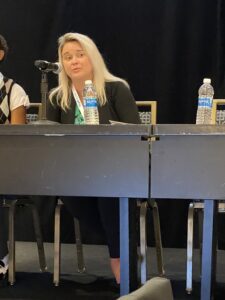
As a direct result of this workshop, there has been notable momentum among pharmaceutical companies toward initiating pediatric studies involving these agents. Several sponsors are now actively working to develop clinical trial programs targeting pediatric populations, with specific attention to children living with glomerular diseases and those affected by congenital anomalies of the kidney and urinary tract (CAKUT). This forward movement marks an important step in bridging the treatment gap for pediatric patients and ensuring equitable access to potentially life-changing therapies.
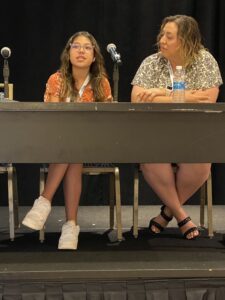
Below is the summary paragraph that reflects the focus and consensus from the July 2023 workshop:
A workshop in July 2023 addressed the need for and feasibility of a randomized clinical trial testing the efficacy of SGLT2i in pediatric patients with CKD. Children with glomerular diseases are similar to adults. However, there are significant knowledge gaps in understanding the mechanism of disease progression and response to treatment in children with congenital anomalies of the kidney and urinary tract (CAKUT). There was a consensus that both groups of children need to be studied. A manuscript is in preparation summarizing the workshop proceedings.
NephCure is committed to supporting this ongoing work and continues to advocate for the inclusion of pediatric patients in all areas of rare kidney disease research and treatment development.
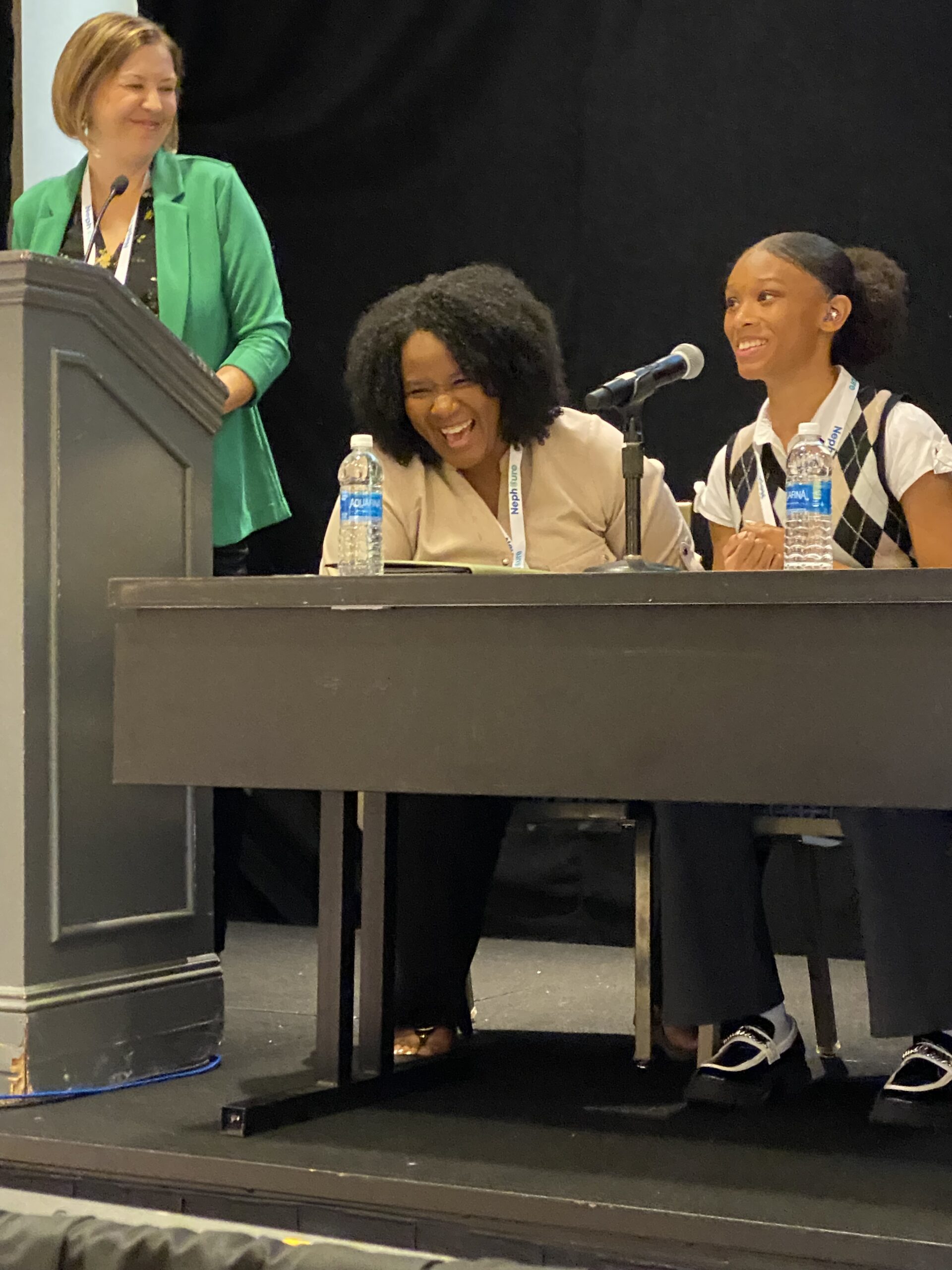

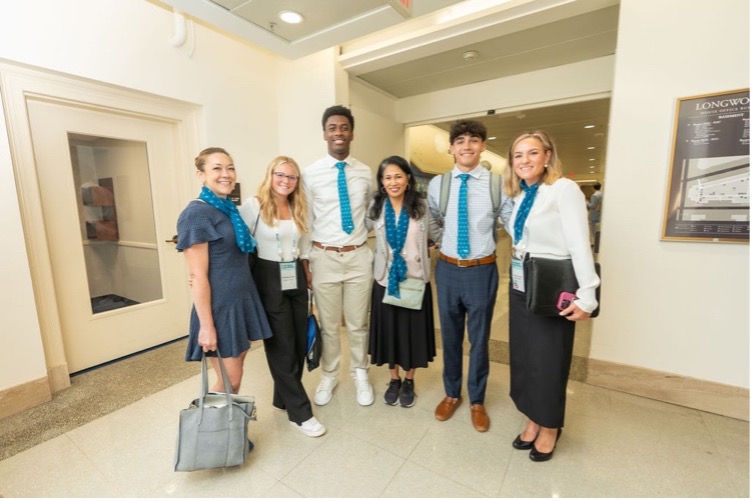

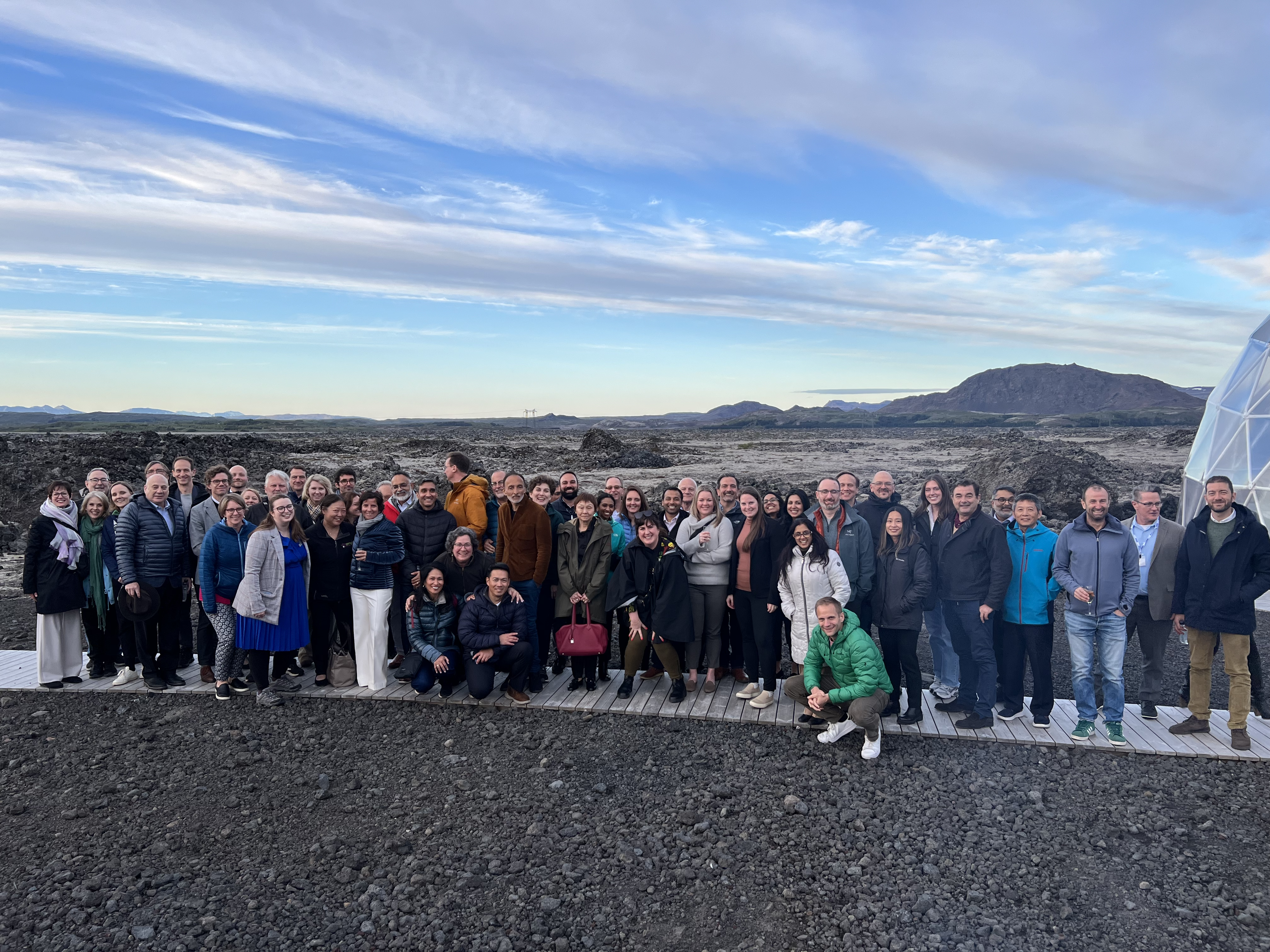
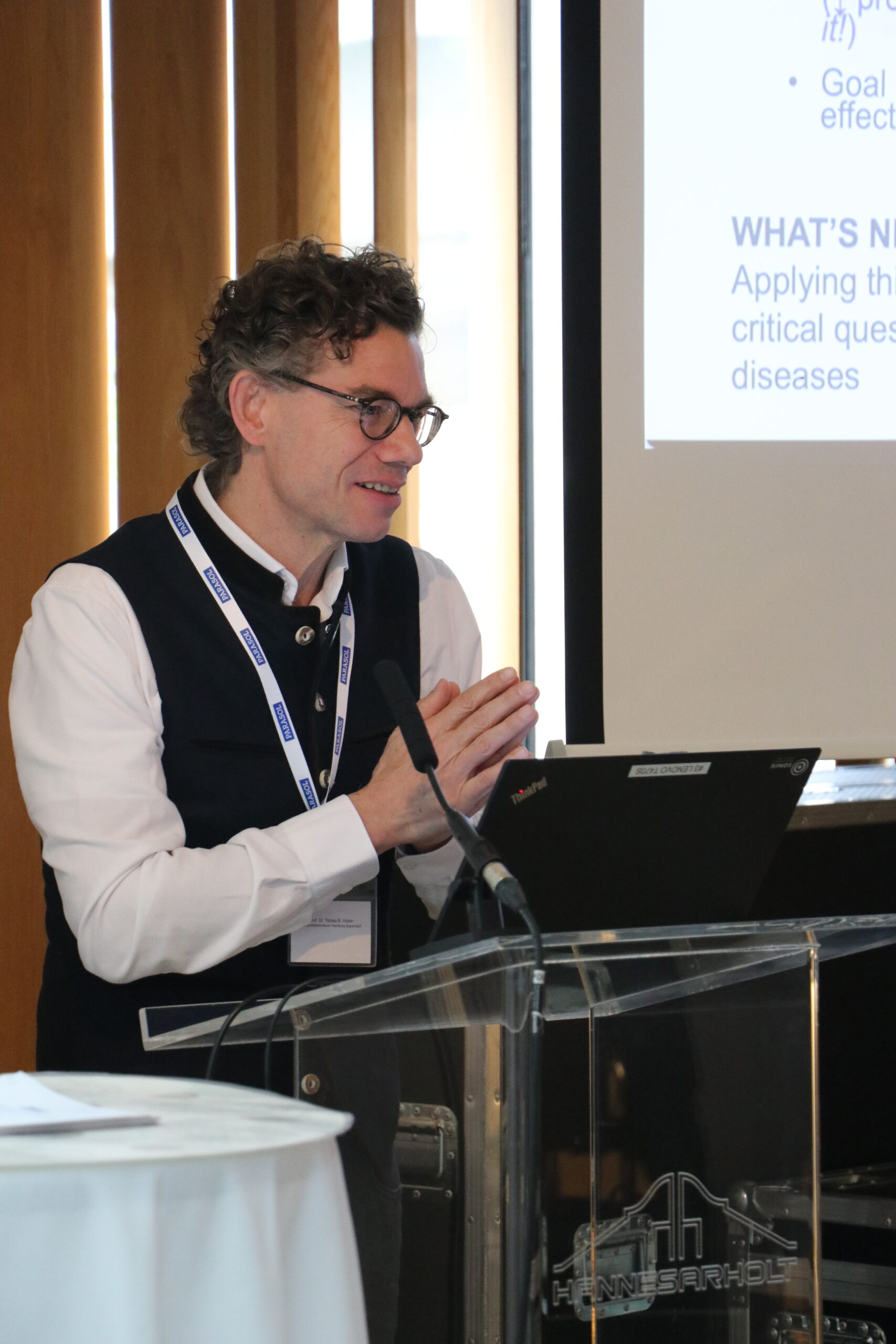
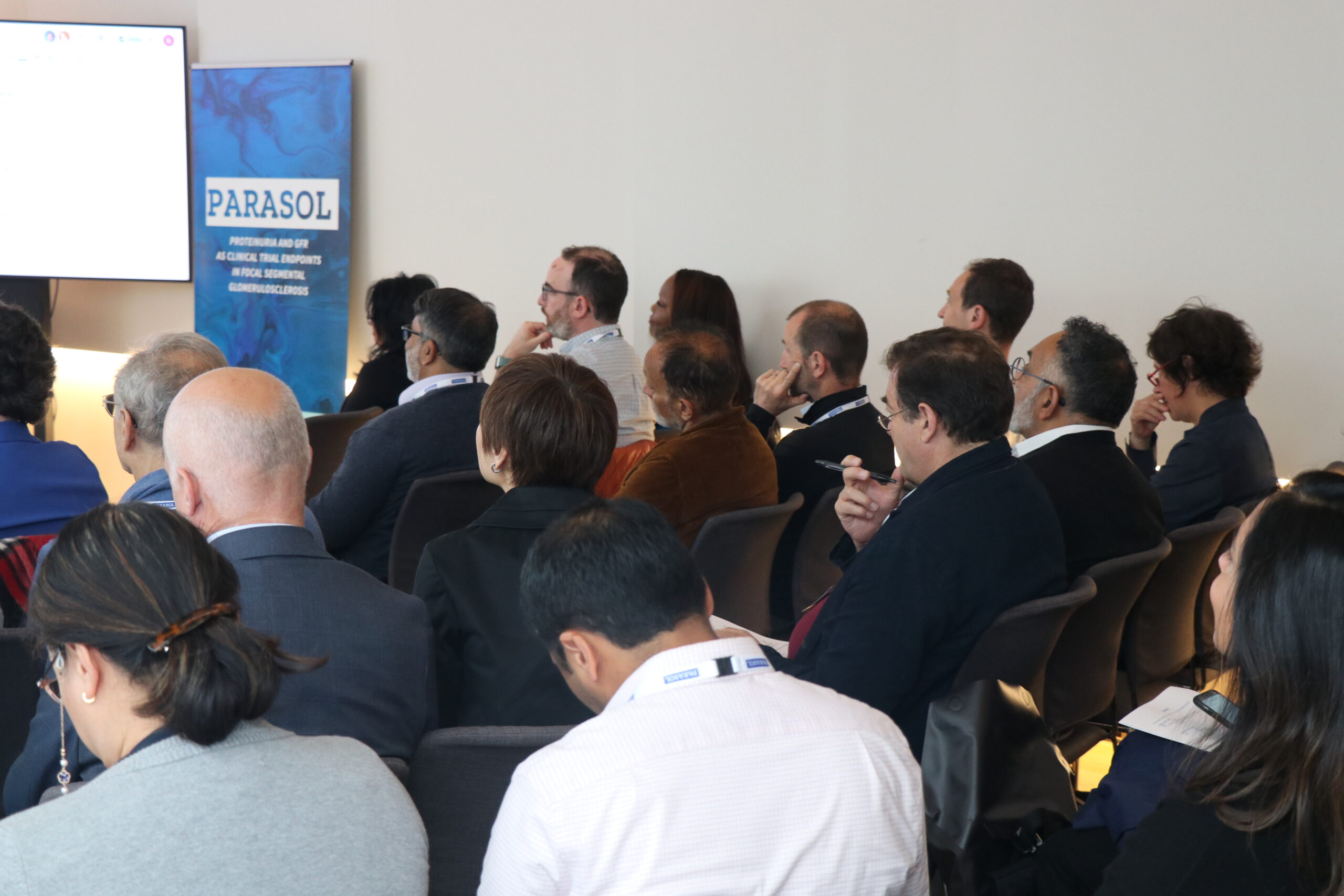
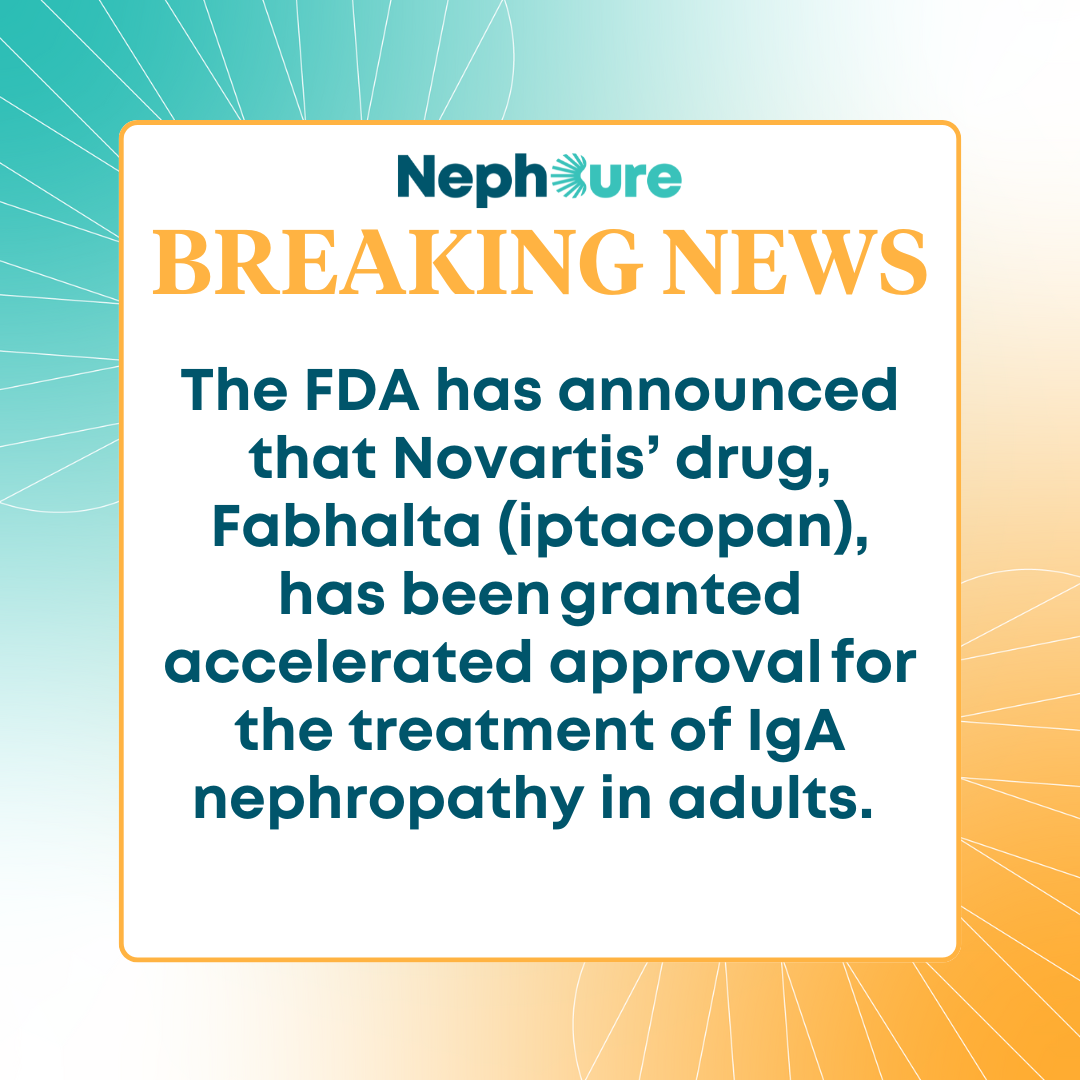

 On December 9, 2023, researchers, doctors, regulators, and patients from across the globe met in Washington, D.C. at the Proteinuria and GFR as Clinical Trial Endpoints in Focal Segmental Glomerulosclerosis (PARASOL) Project to discuss developing biostatistical models that could help with the design of clinical trials and aid subsequent regulatory approval of new treatments for FSGS.
On December 9, 2023, researchers, doctors, regulators, and patients from across the globe met in Washington, D.C. at the Proteinuria and GFR as Clinical Trial Endpoints in Focal Segmental Glomerulosclerosis (PARASOL) Project to discuss developing biostatistical models that could help with the design of clinical trials and aid subsequent regulatory approval of new treatments for FSGS.
